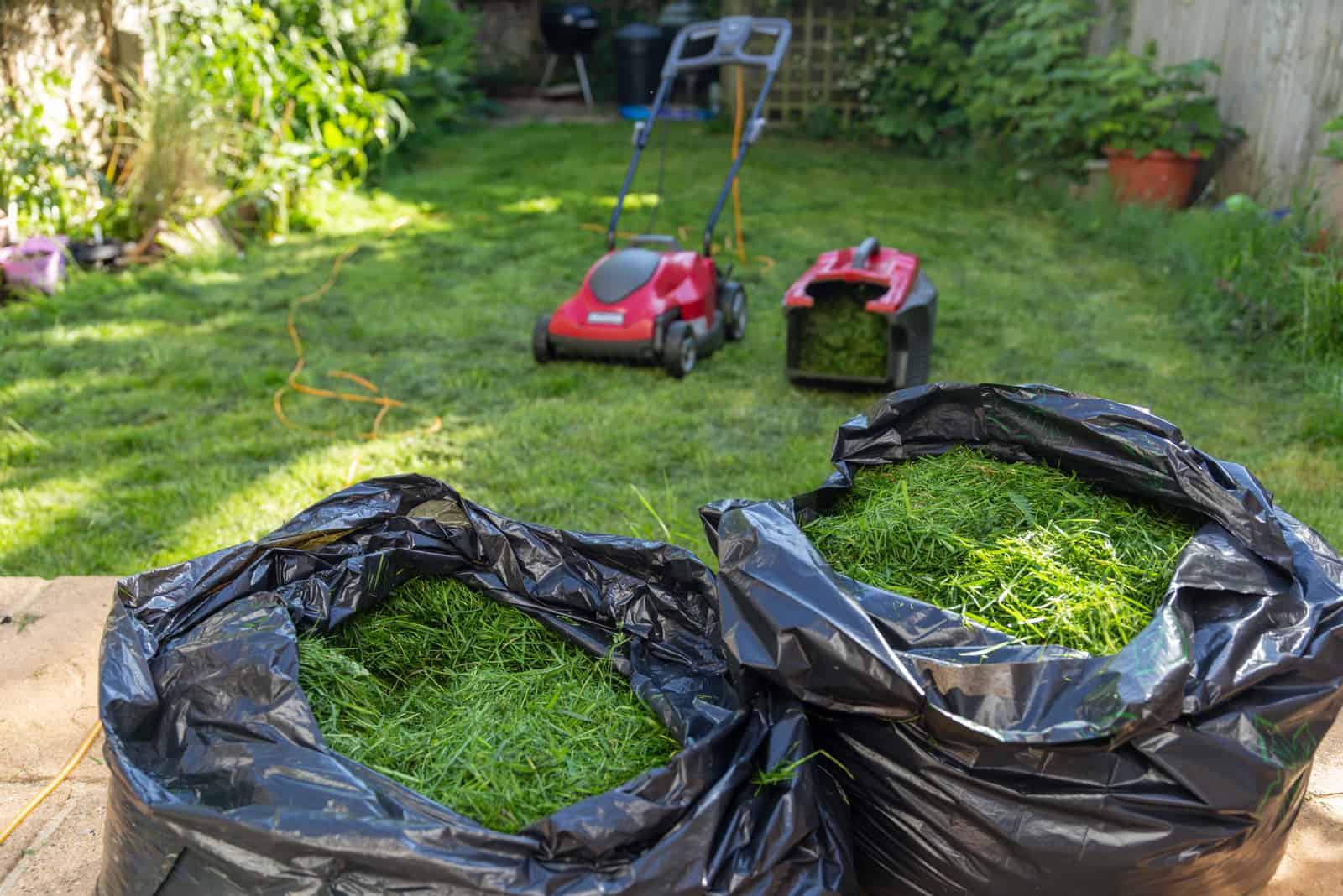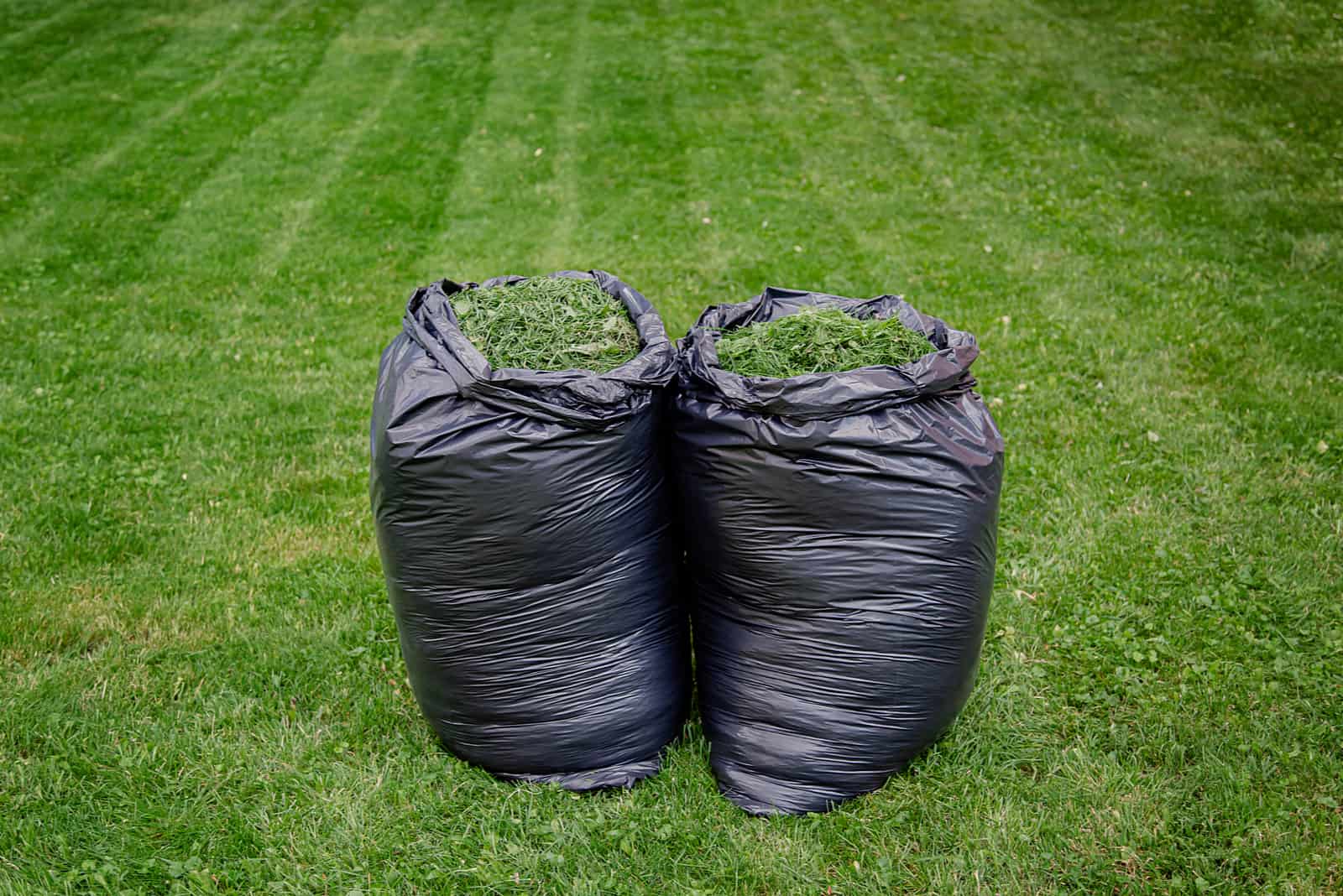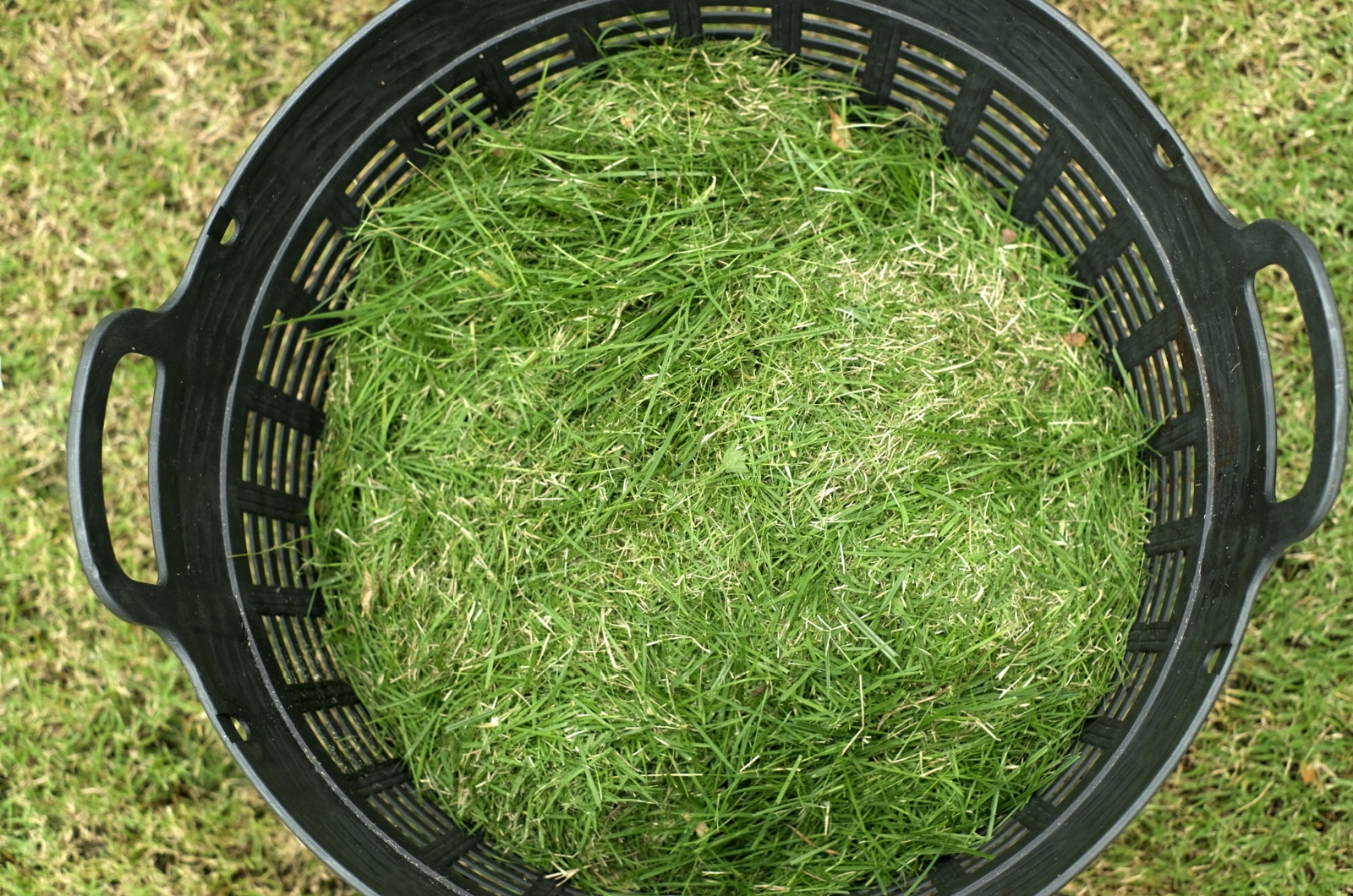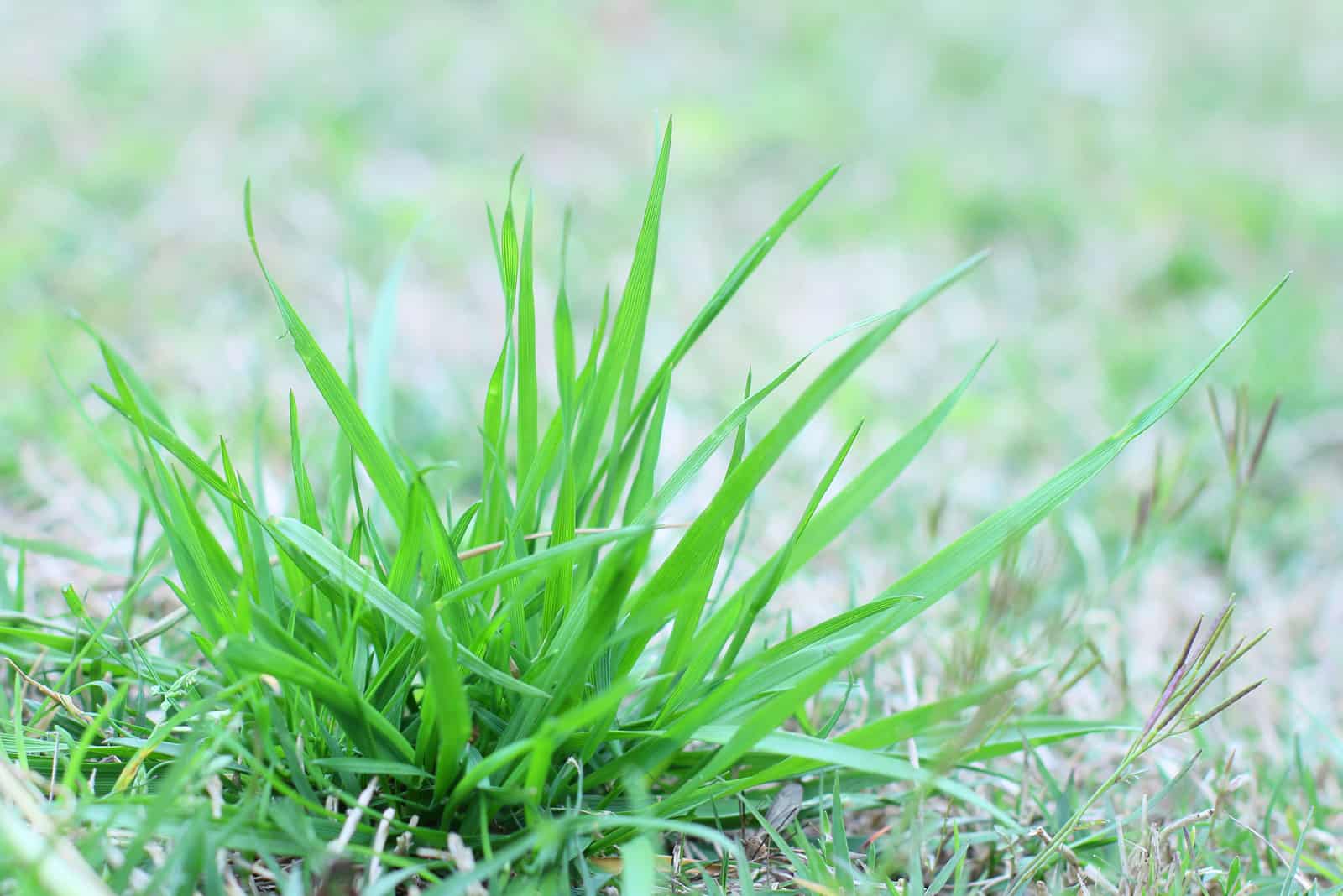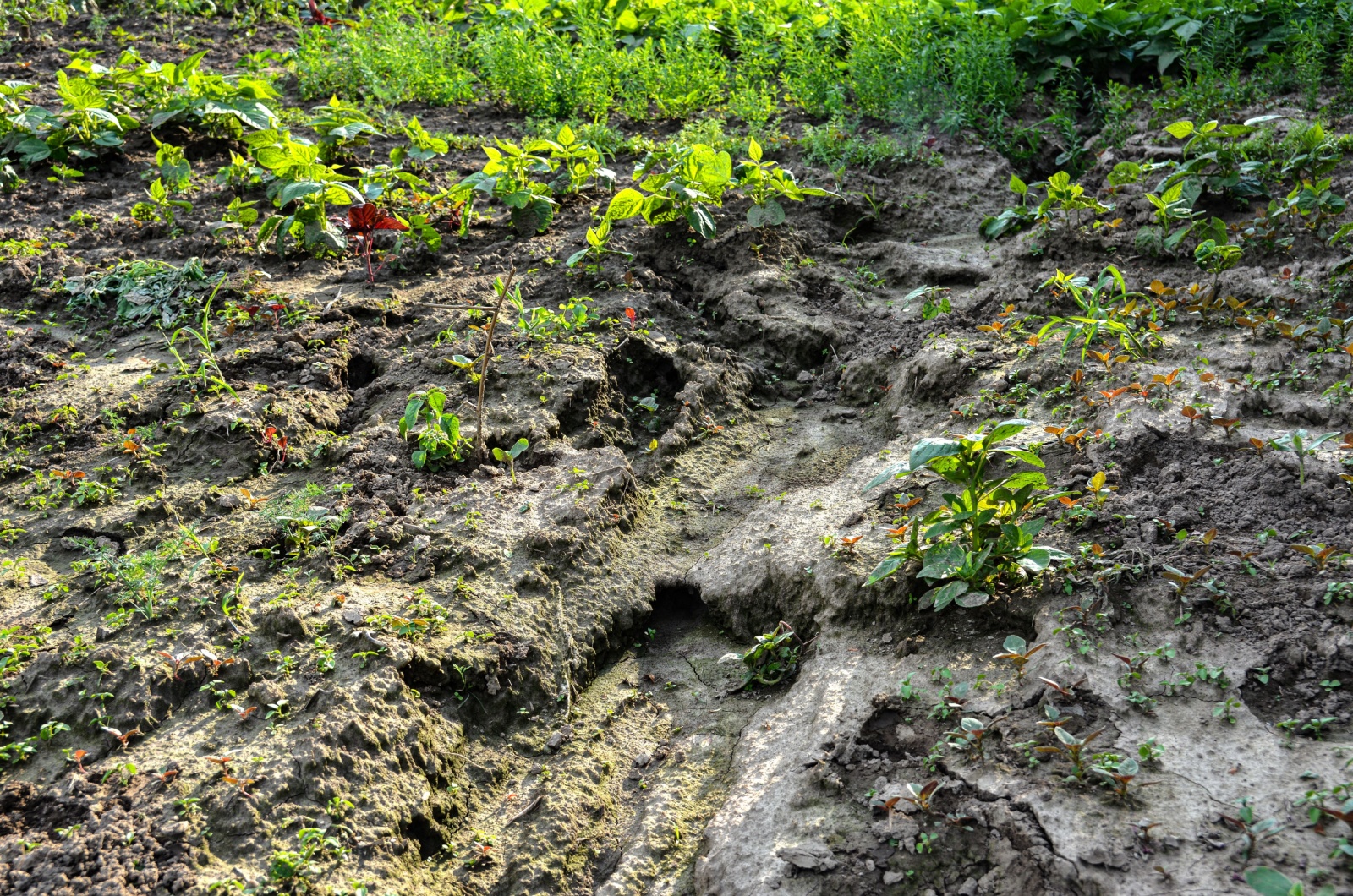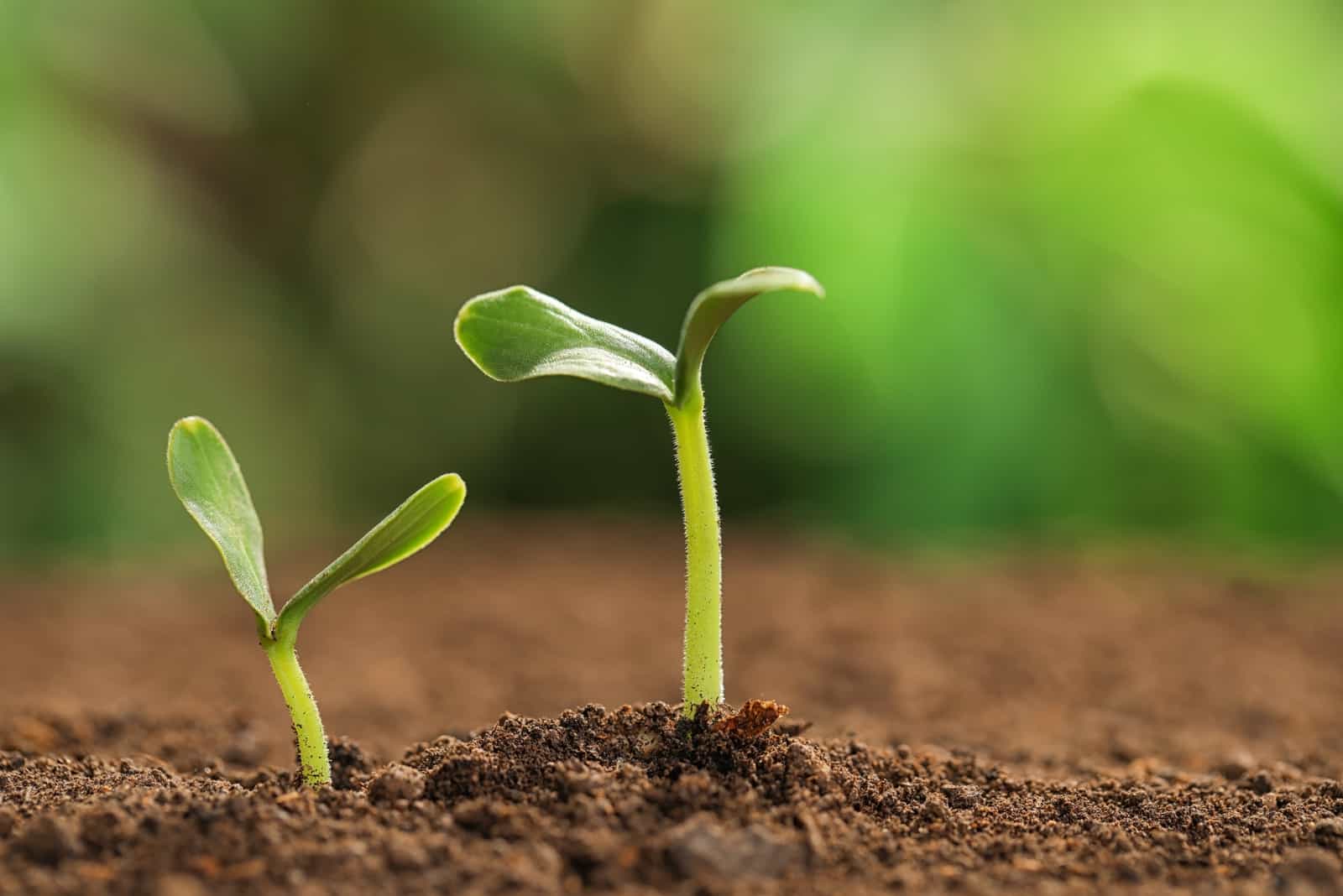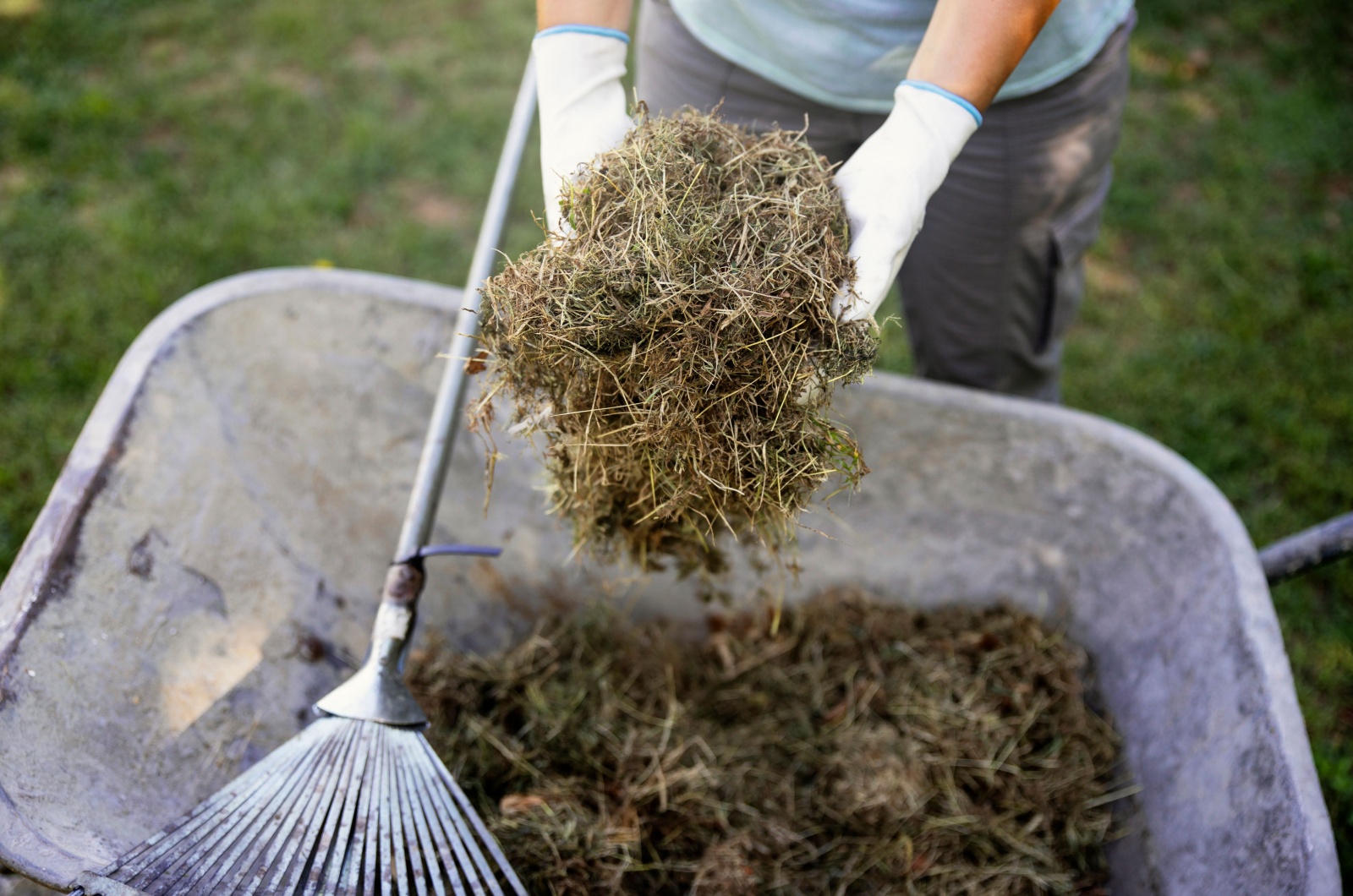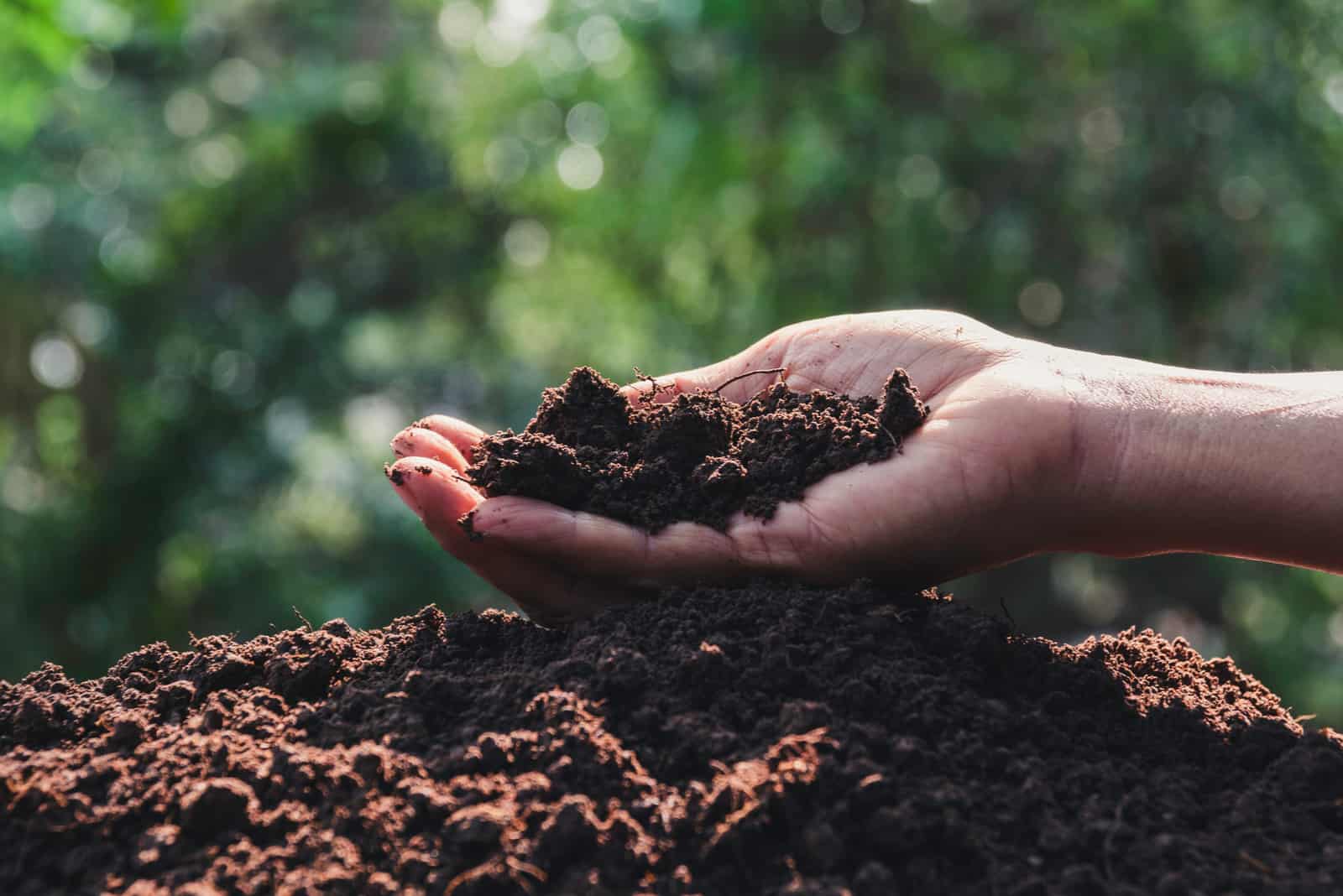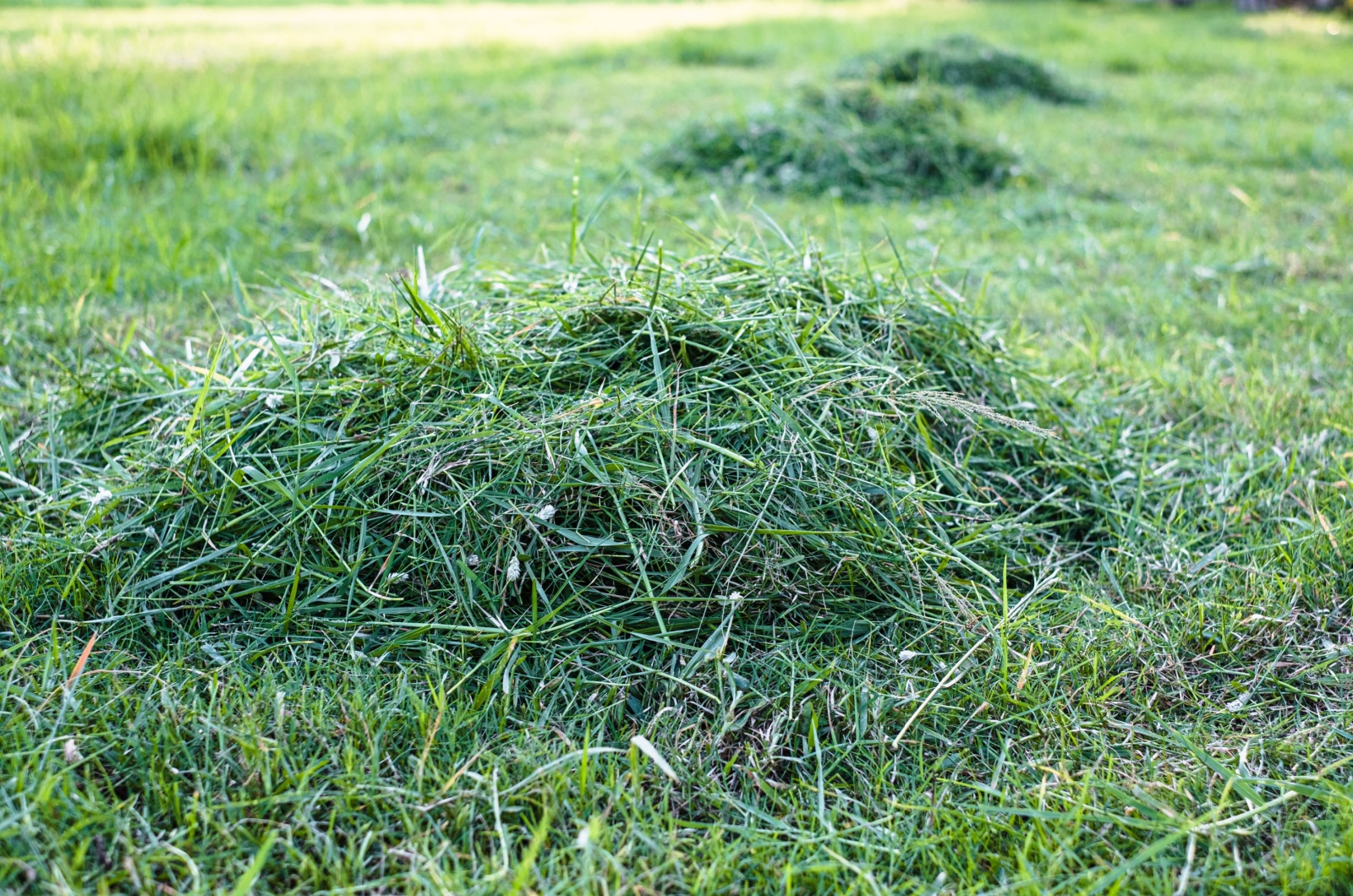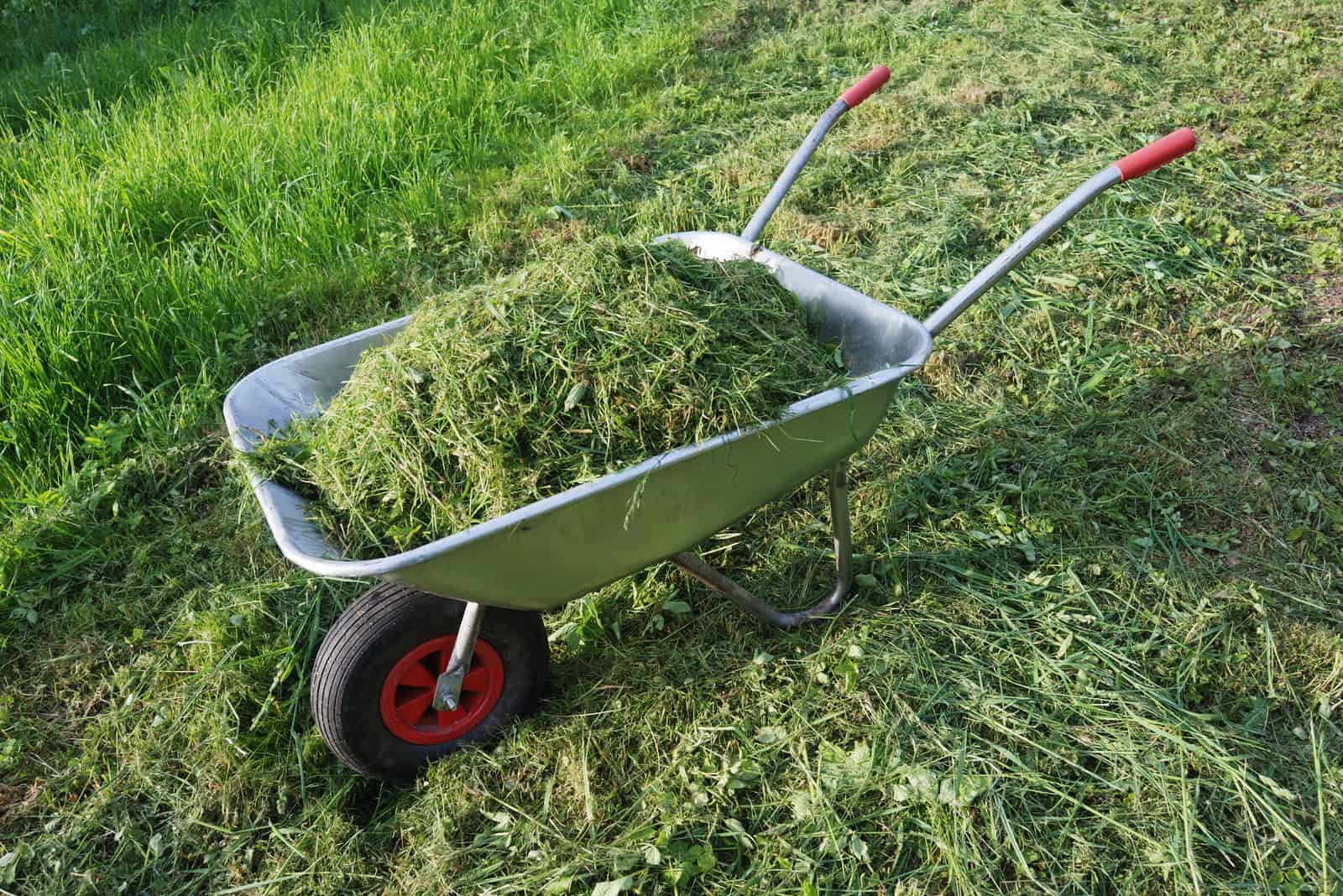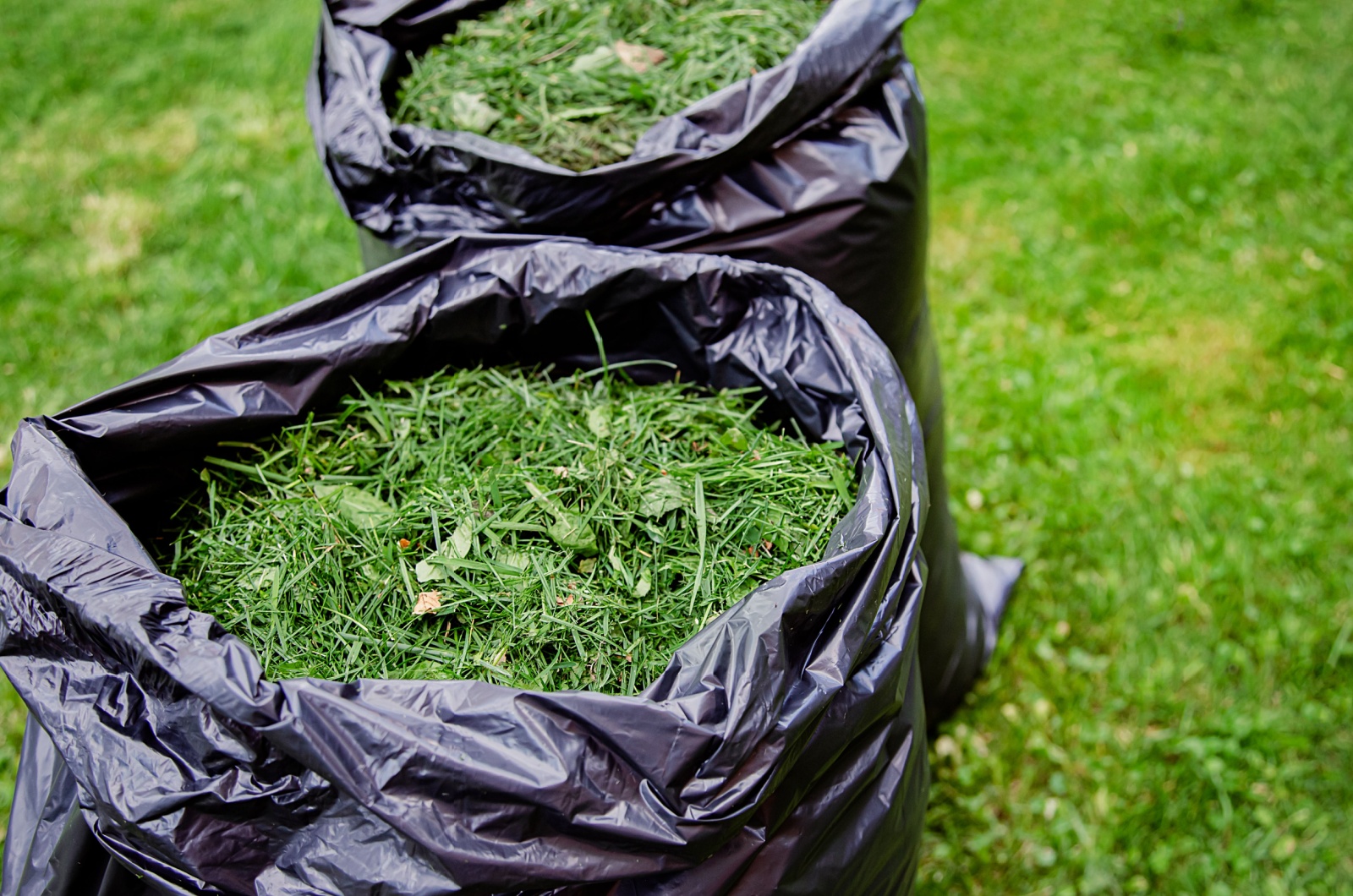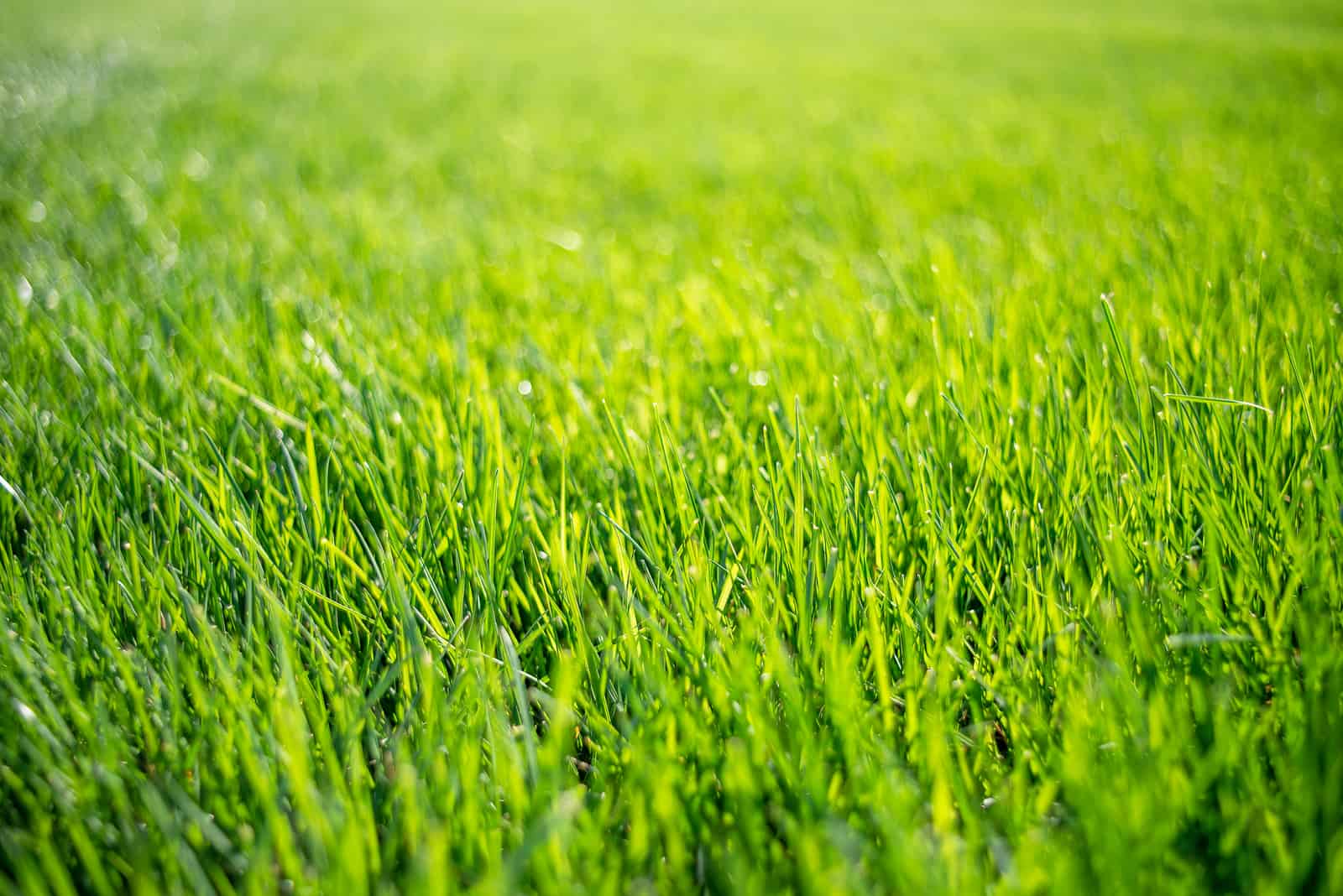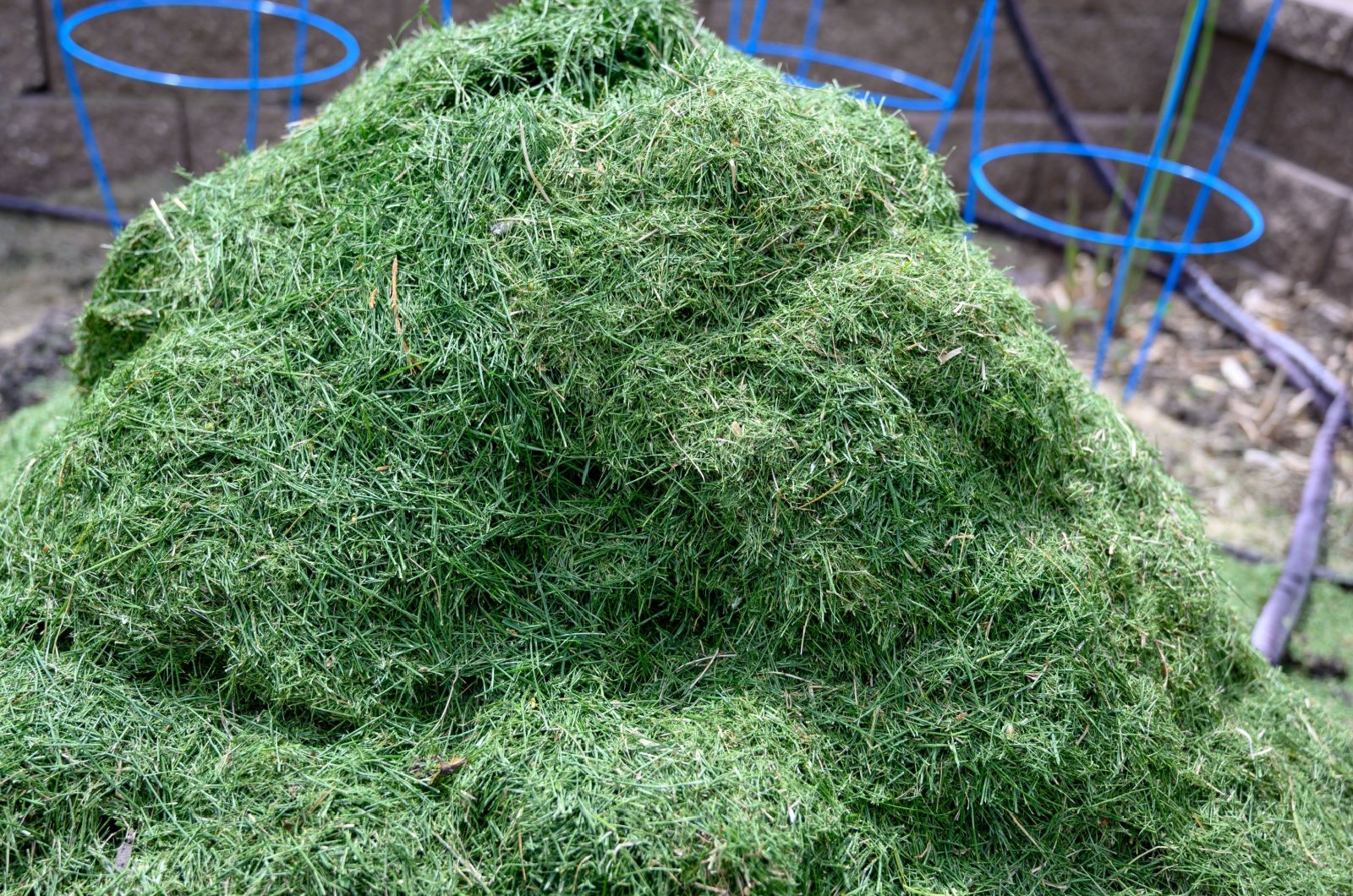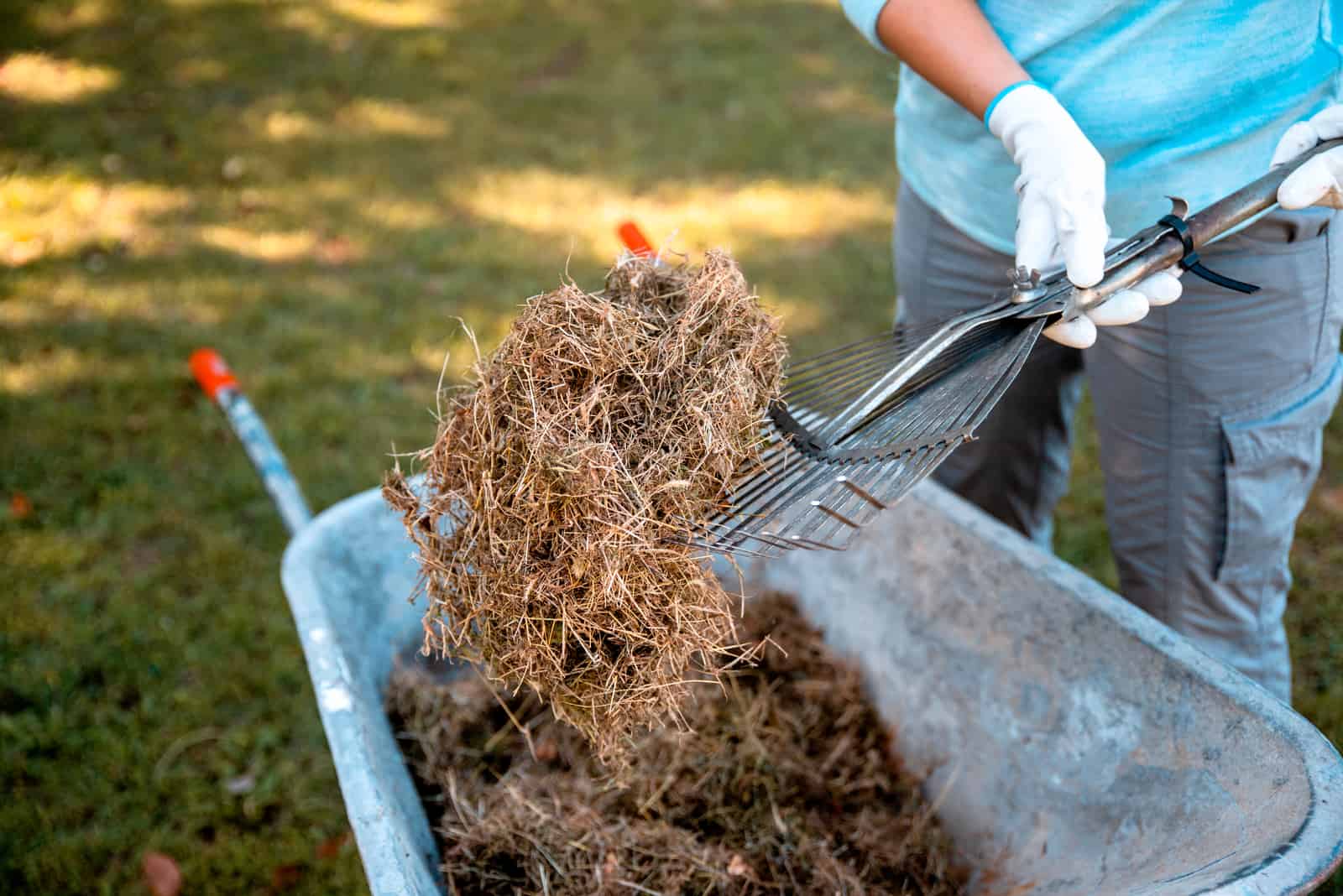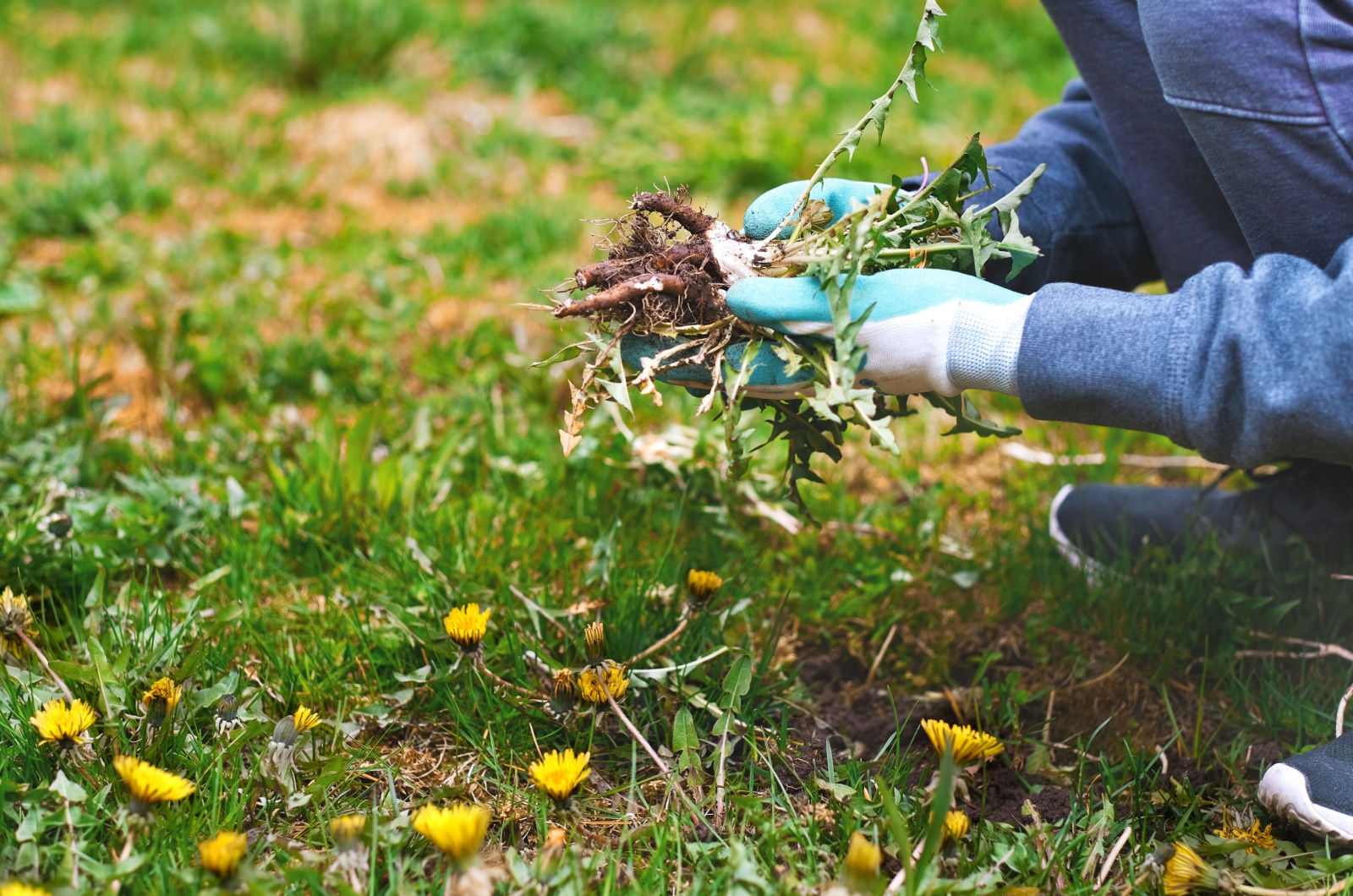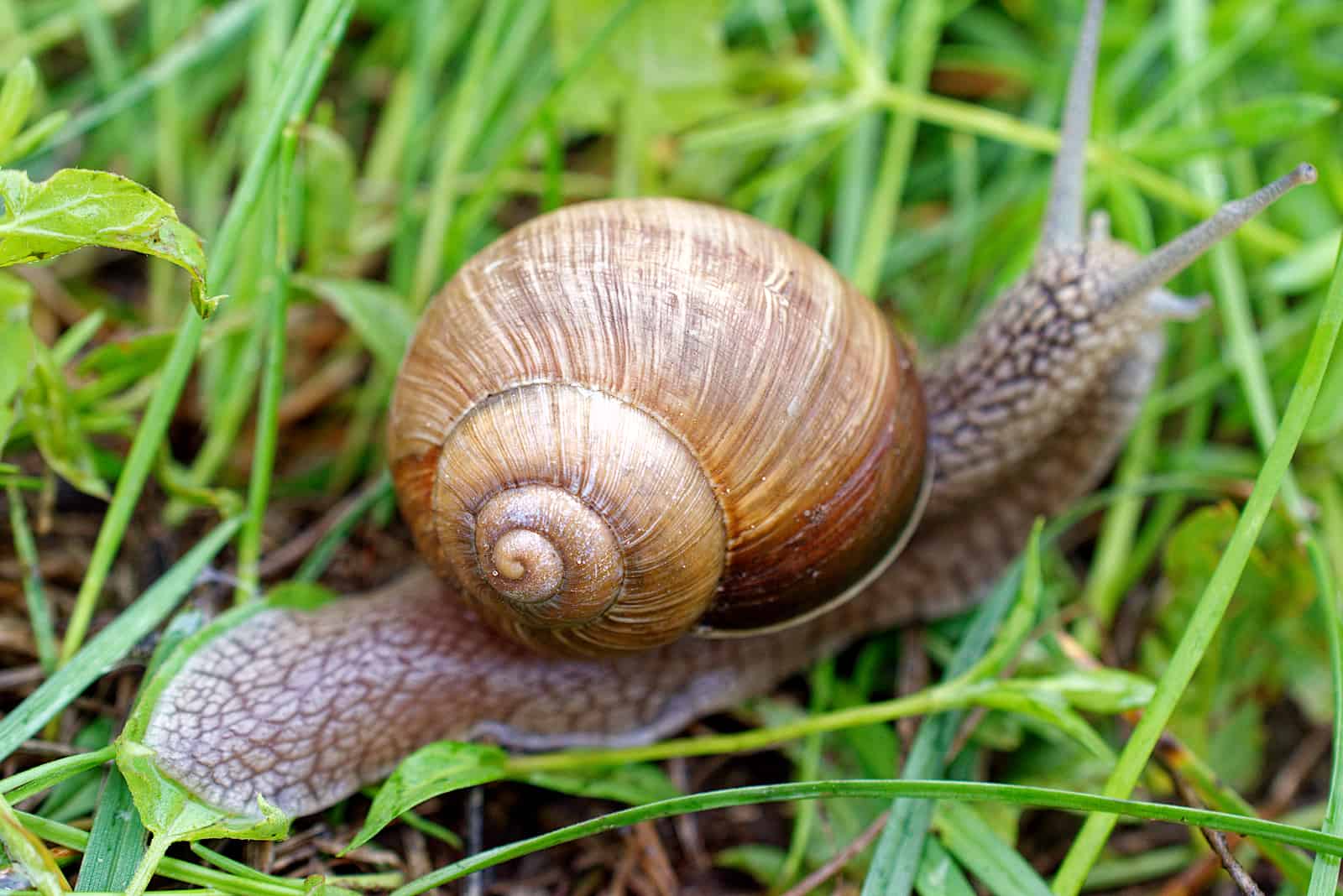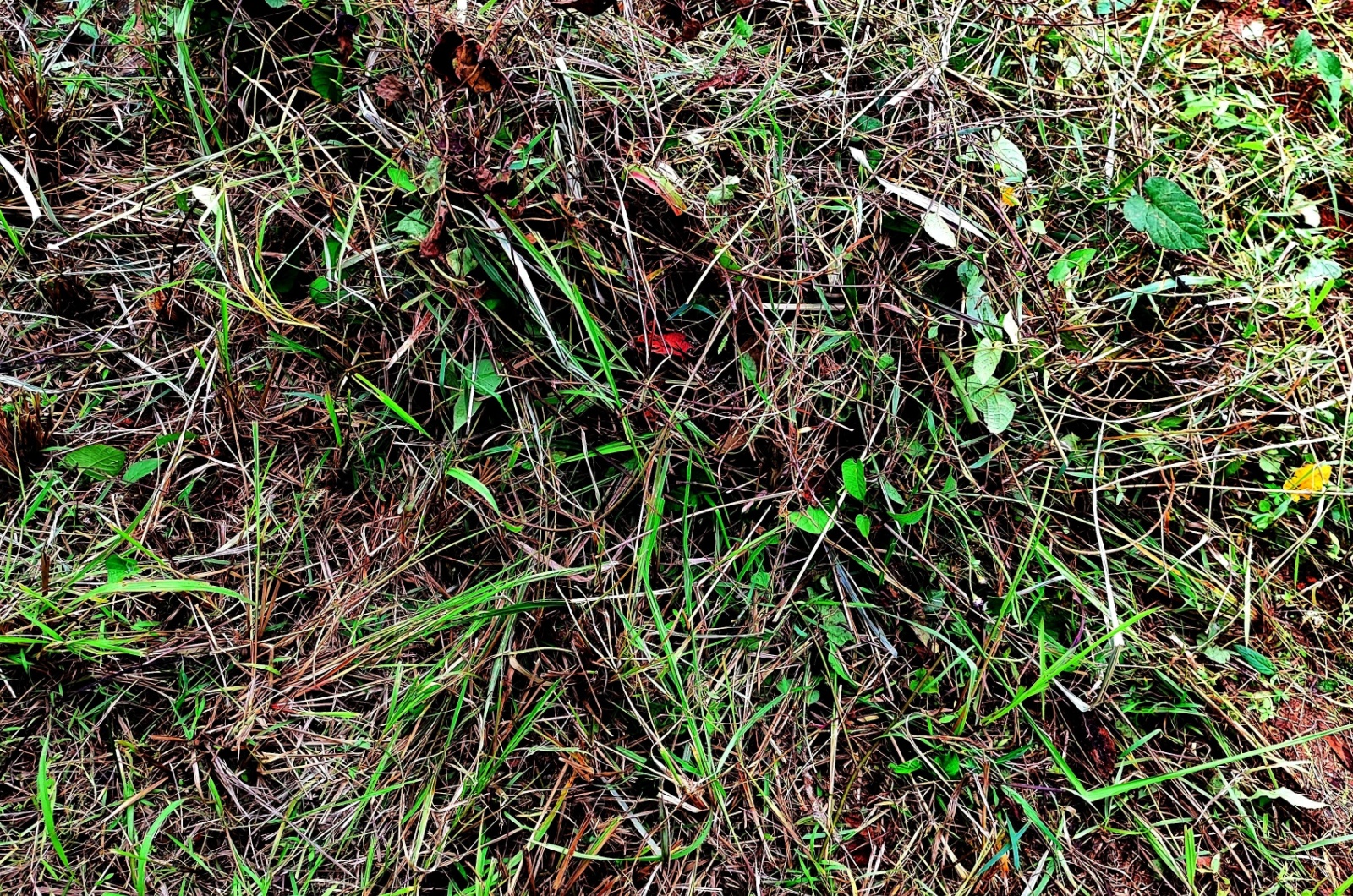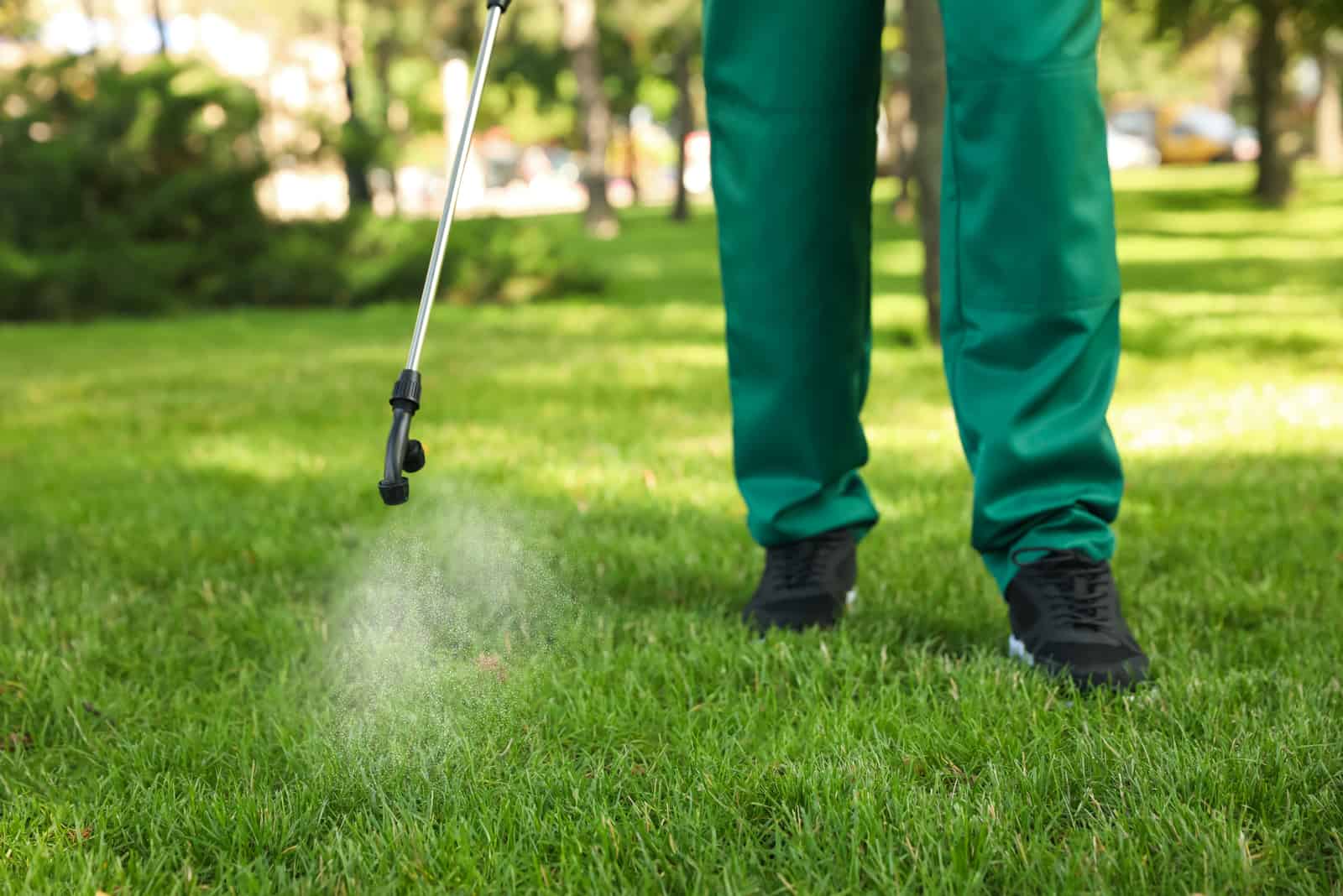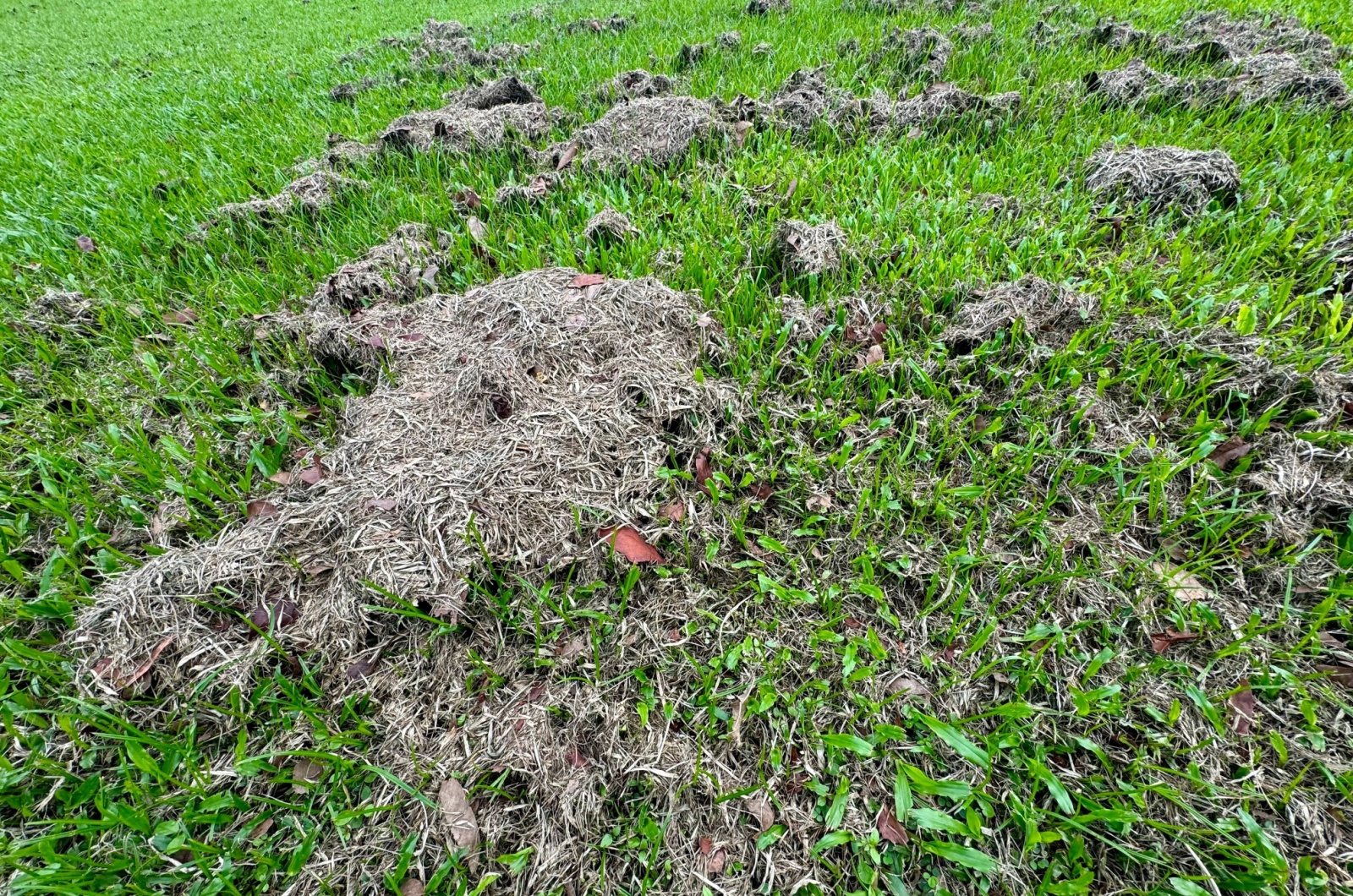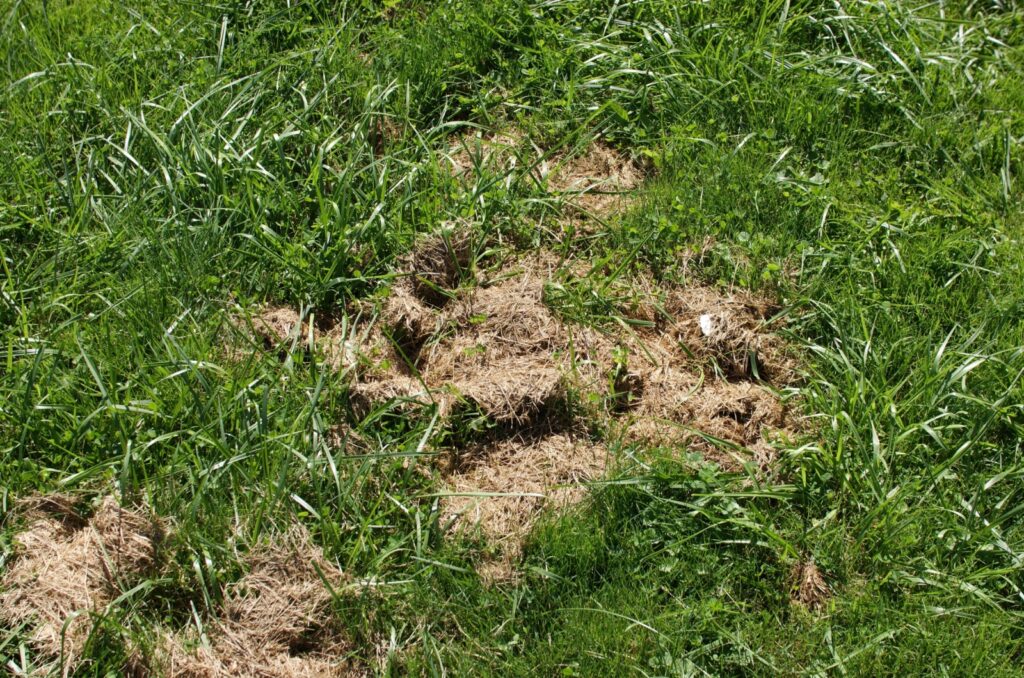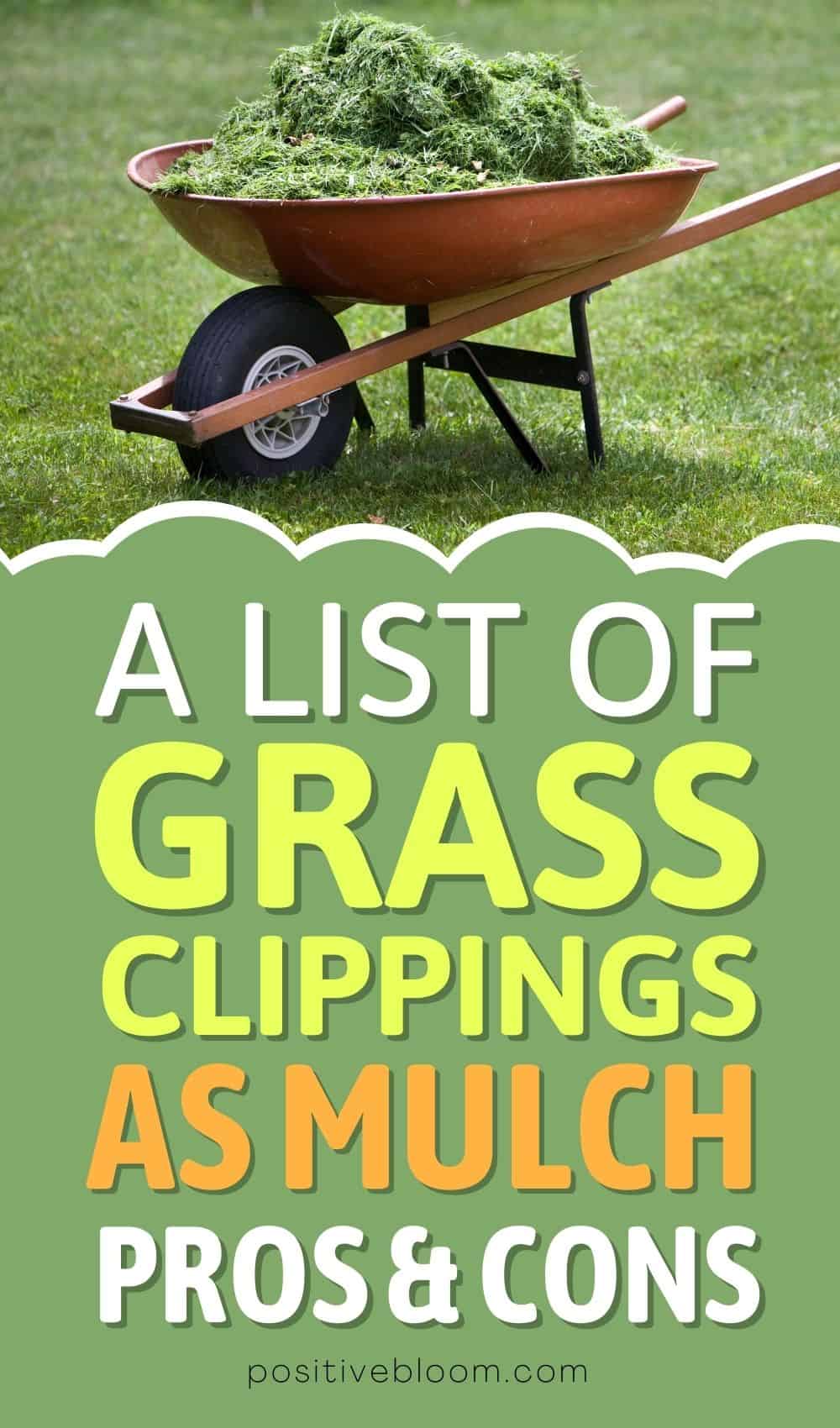Positive Bloom is an Amazon Associate and we earn from qualifying purchases through these links at no extra cost to you.
I’m sure that we all want only the best for our plants and gardens.
I assume that you’ve heard that grass clippings can be used as mulch.
That said, we decided to prepare a complete list of grass clippings as mulch pros and cons.
There are 12 reasons why you should use grass clippings as mulch but also 6 reasons why you shouldn’t.
Therefore, if you are asking yourself whether you should use grass clippings, here is a complete list to help you decide.
Grass Clippings As Mulch Pros And Cons- 12 Pros
If you don’t know what to do with your grass clippings, there are 12 reasons to keep them.
Now let’s see a complete list of pros or the benefits of grass clippings when used as mulch.
1. Reduction Of Waste
The main reason why this benefit is the first one on our list is that it is connected to our environment in general.
Using grass clippings as mulch will reduce waste.
Many people, after mowing, send the waste and thatch from their yards to landfills.
We are all aware of the fact that landfills have a terrible impact on our environment.
The greenhouse gasses, precisely methane gas, are produced in landfills because the waste decomposes.
Our main goal should be the reduction of waste in general, and using grass clippings as mulch or even creating a compost pile out of lawn clippings can contribute.
You can add grass blades to your compost pile to prevent it from being sent to landfills.
2. Completely Organic
Fertilizing lawns has always been on our “to do” list.
We often use chemical fertilizers to improve the growth of our seeds.
We can use grass clippings instead since they make completely organic mulches.
They put all the organic matter in the soil, making the soil perfect for growing a large number of vegetables in your vegetable garden.
This also helps the environment by reducing the need for different chemical fertilizers and preventing more pollution.
Grass clippings can also be used with other organic mulches like wood chips in garden beds and flower beds to improve their healthy growth.
3. Destruction Of Weeds
A thick layer of grass clippings will destroy the majority of lawn weeds.
This is also one of the reasons why cut grass is used in vegetable gardens. Just bear in mind that thicker layers work best for destroying weeds.
Most gardeners have to remove weeds very often, but with a layer of grass clippings in your garden, you will only have to weed once or twice a month. This saves homeowners time and energy, energy that can be used for shoveling.
Instead of growing in the soil, weed growth will be restricted to mulch, making it easier to spot and remove.
Just a reminder, there is one weed that grass clippings or any other type of mulch can’t destroy, and that is quackgrass.
4. Preventing Soil Erosion
If any of the layers of soil have eroded, usually by wind or heavy rain, there is a good chance that the soil won’t recover.
But using grass clippings as mulch allows the soil to recover.
After watering mulch made of grass clippings, it will retain the water and send the nutrients back into the soil, making the soil structure better and increasing the chance for recovery.
The method of using grass clippings as mulch takes some time, so be patient and put 2-5 inches of grass clippings on the areas that have been affected by erosion. A thin layer of grass clippings will not be effective enough at preventing erosion.
This method will also prevent the mulch from floating away. Water the area covered with grass clippings after laying them, and the mulch won’t be able to float away despite heavy rain.
Also avoid adding a thick layer of fresh grass clippings because this increases the moisture level and can negatively affect the soil.
This is a great way to keep your lawn intact.
5. Growing Seeds
Another great thing about grass clippings is the possibility to grow seeds.
Grass mulch extracts nutrients from the soil and provides food for the seeds so if your grass seeds aren’t germinating, this will be extremely beneficial.
There are two things that you should pay attention to:
• Move aside the grass clippings and place the seeds in the ground. You shouldn’t cover the area where you placed the seeds because the seeds will be prevented from penetrating the mulch.
• Make space around the seed in the grass mulch to allow room for the seed to grow.
If you follow the advice above, the grass clippings will help healthy seeds grow.
6. Prevention From Freezing
There are many plants that are planted in the fall. The cold shouldn’t damage the plants because they are supposed to grow in colder conditions.
But sometimes winters are way too cold and cause the plants to freeze.
This can be avoided by using grass clippings as mulch.
Placing a thick layer of grass clippings over the plants will prevent their bulbs from freezing because it will regulate the soil temperature, increasing the chance for your plants to survive even the coldest winters.
7. Improvement Of The Soil’s Quality
Many farmers grow the same plants every year. To improve plant growth, farmers will use different fertilizers and chemicals that help with aeration.
Although chemicals help plants grow quickly, it also extracts all the good nutrients.
Since the soil becomes less nutritious, it can prevent the beneficial bacteria, worms, and bugs that the plant in fact needs.
Different worms and bugs live in the grass clipping mulch and break it down, releasing the nutrients.
For example, worms maintain healthy nitrogen levels and improve the aeration of the soil.
The grass clippings also bring microbe balance to the soil.
8. Water Retention
Another great thing about using grass clippings is their ability to retain water.
Topsoil can become damaged during the summer, creating dry spots in your lawn.
Sometimes people try to water dry spots, but this isn’t helpful because all the nutrients are already gone and the soil is compacted.
If you use grass clippings as mulch on the dry spots on your lawn, its ability to retain water will help the ground receive enough moisture and nutrients. This will ensure healthy growth of the plants.
By using this method, you can expect good results in a short time.
Grass clippings can be especially helpful for vegetables since the clippings retain water. Vegetables shouldn’t be watered often, so make sure that you leave some space between vegetables and mulch to prevent overwatering.
The clippings will even feed the vegetables since it already contains nutrients.
9. It’s 100% Free
It is a fact that we spend a huge amount of money on different fertilizers for our lawn care.
This is only because we want our lawn to look the best it canbe.
Since grass clippings are organic and they destroy weeds, there won’t be a need for any kind of additional investment.
If you already have a lawn mower, all you have to do is mow the lawn, and the grass clippings will ensure the rest.
I suggest this lawnmower:
[lasso id=”2917″ link_id=”1055″ ref=”amzn-greenworks-10-amp-16-inch-corded-mower-25142″]
This is the most affordable and natural way to keep your lawn healthy and beautiful.
10. The Absorption Of Phosphorus
Phosphorus is one of the most important nutrients for the root system of any plant.
Since grass already contains phosphorus, recycling and adding grass clippings to your lawn as mulch will improve its growth. You will have one healthy lawn.
This is important for our environment.
Most fertilizers contain phosphorus and using grass clippings decreases the need for different fertilizers, which prevents pollution.
11. The Absorption Of Nitrogen
Another very important nutrient is nitrogen. Nitrogen contributes to the healthy growth and also gives a great color to your lawn.
After the nitrogen is recycled by reusing grass clippings, there will be no need for chemicals or any other fertilizers.
12. The Absorption Of Potassium
Potassium helps the grass build cell walls in order to be healthier and thicker.
As time passes, cell walls will become stronger and can deal with high or low temperatures, as well as diseases and drought.
This is a pro for the mulch as well as for environment because it is also a great way to avoid fertilizers and chemicals.
Here’s a video on how to use grass clippings as mulch:
As far as using grass clippings as mulch pros and cons are considered, we’ve covered 12 reasons why you should use grass clippings as mulch.
Now we move to the second part of our pros & cons list: the cons.
Read on to find out the reasons why you shouldn’t use grass clippings as mulch.
6 Cons Of Grass Clippings As Mulch
Some older homeowners may have already dealt with the negative effects of mulch made of cut grass. We’ve listed 6 reasons or 6 cons of mulching grass clippings to help you decide whether to use this type of mulch or not.
1. Creation Of Clumps
Well, clumps are a real nightmare of every lawn owner perfectionist.
Clumps are created when mulch made of grass clippings is too wet.
They can ruin the health of your lawn and destroy its looks.
Clumps of mulched grass clippings will prevent light from reaching the grass. This is a problem because grass needs a large amount of light to grow.
The biggest problem is when these clumps dry out and are left on your lawn. They will form huge areas of knotted, dry grass clippings and lead to the creation of dead patches all over your lawn.
2. Spread Of Weeds
It can happen that the grass clippings already contain weed seeds like the seeds of dandelions. If you use the clippings for mulch in this way, you are actually propagating weeds.
Although some seeds will be destroyed in this type of mulch, some of them will also germinate.
Sometimes it is inevitable to prevent the weeds from spreading since any strong wind can bring the weed seeds from other places to the mulch.
3. It Can Attract Small Animals, Slugs, And Snails
Another nightmare for lawn owners! This can happen only if you don’t mulch correctly.
If you don’t use the adequate equipment for mulching your grass it will become too long and create the clumps mentioned in the section above.
Unfortunately, these clumps will attract animals like voles that can destroy lawns, plants and even crops that you have in your garden.
If you mulch your grass adequately, it will be chopped into pieces and voles will avoid it since there is not enough space for them to live.
Slugs and snails will be attracted to the mulch because of the excess water it contains.
Grass clippings will retain water, and in this way, they make the perfect place for slugs and snails to live.
Don’t panic if you notice slugs on the mulch, they will eat some decaying grass clippings.
On the other hand, if there is a great number of slugs or snails, you should use pesticides.
4. Fertilizers And Chemicals Can’t Be Used
If the grass has not been grown organically, meaning that some synthetic fertilizers or chemicals have already been used, then grass clippings as mulch may not be a good idea.
The grass that has already been treated with chemicals will not decompose in the same way as it will if grown organically.
Therefore, if you want to use grass clippings as mulch, don’t fertilize or use herbicides for the mulch you have now. Alternatively, you can wait a few months for the chemicals to wear off before using grass clippings as mulch.
5. Grass Clippings May Contain Pesticides
This also applies if you are using somebody else’s grass clippings for mulching. If you are using your own, then you are sure that there aren’t any pesticides used.
On the other hand, you can never be sure if someone else’s grass clippings were previously treated with anything.
If the grass clippings you use contain pesticides, not only will the growth of your grass be stunted but it can also immediately kill your plants.
6. Grass Clippings Can Be Harmful For Plants
This happens if there is a pile of grass clippings around plants.
For example, if you put a large amount of grass clippings around a plant, the mulch will release a great amount of nitrogen as it breaks down. This can cause serious damage to plant stems.
Another thing that can harm your plants is fungus, which grows in very wet areas. Since grass clippings retain water for a long period, it makes the perfect home for fungi.
The mulch should not be in direct contact with the plants, so make some space between the two.
Final Words
Now that you have reached the end, we hope that you know everything about grass clippings as mulch pros and cons.
As you can see, there are more pros, and if you wanted to use grass clippings as mulch before, we are now sure that you will.
On the other hand, if the cons confirmed that you don’t want to use grass clippings as mulch, make sure you don’t send the waste to landfills; try to use it somewhere else.
Until next time!
Like this post? Share or pin it for later!

